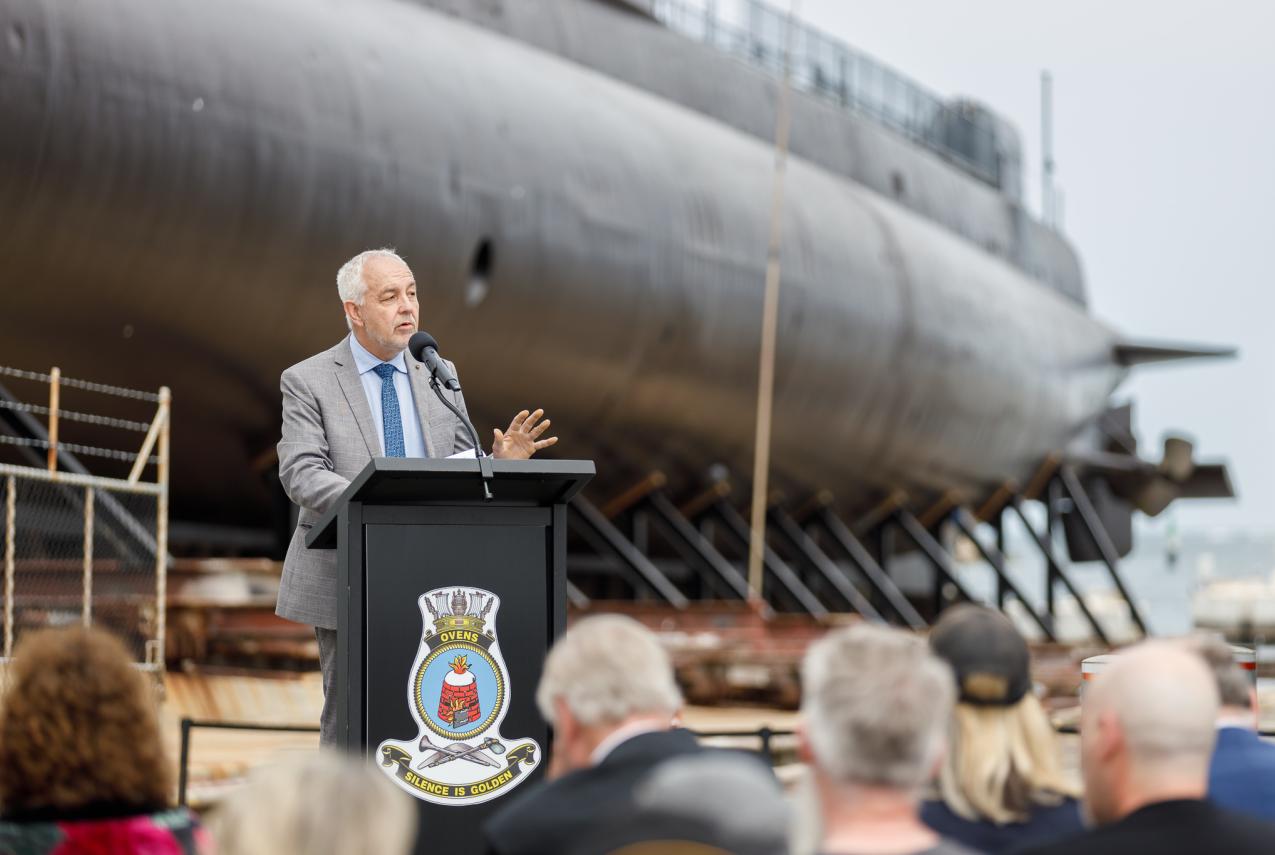May 18 marks the annual International Museum Day, and this year's theme is 'Museums for Education and Research,'
For the Western Australian Museum, these could barely be more appropriate themes, with both at the heart of our work.
Many people will be familiar with our educational role, either as visitors to our seven museums or as consumers of our bemusing array of on-site and off-site programs, which range from story-time for pre-school kids, to regional outreach activities, to In Conversation events on climate change, to the Esoteric electronic music program, to yoga under Otto the blue whale.
Far fewer will know about the extensive research the Museum's curatorial teams carried out: research that not only underpins our public activity but contributes to a deeper understanding of our world. This research is based upon the Museum's collections, which have been built over a period of 130 years.
Comprising biological, geological and cultural material, and numbering over eight million items, they provide, not only the irrefutable physical and intangible evidence of the environment and of society at a place and time, but they are also vital for research.
Our teams work with Aboriginal communities to jointly gather and present evidence that contributes to understanding, truth-telling and reconciliation; maritime archaeologists reveal and protect the extensive underwater cultural heritage around our coast; historians and social scientists study patterns of colonisation and the impact that it had on native peoples.
Meanwhile, natural scientists, explore the geological evolution of our state and its biota; they are at the forefront of research into the unique and fragile biodiversity of Western Australia – how can we conserve it if we don't understand it?
There are also direct economic benefits too: new medicines developed from natural sources; new mineral resources identified through interrogating historic specimen; new tourism opportunities for communities across the state.
Ultimately, it is about answering the big questions of our time: climate change, species loss, over-population, food insecurity, social unrest, and racism are all existential crises that must be addressed and are all caused by problems that must be solved.
But who can we turn to in this 'post-truth' age? The world over, public museums are identified as some of the most trusted institutions. Long-established, politically agnostic, and independent of the need to chase funding 'with strings', the integrity, and the moral and ethical principles of our museums are key to the trust in which they are held: They are also the key to the role they can play in answering these big questions of our time.
